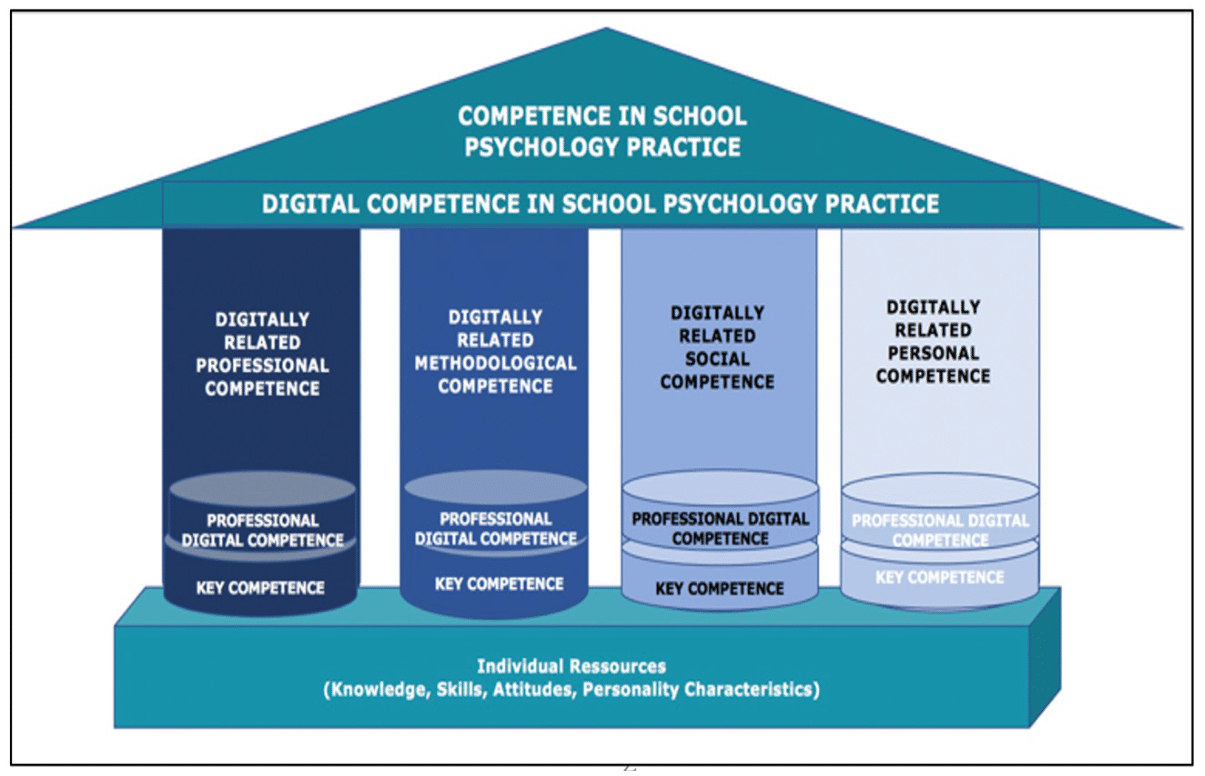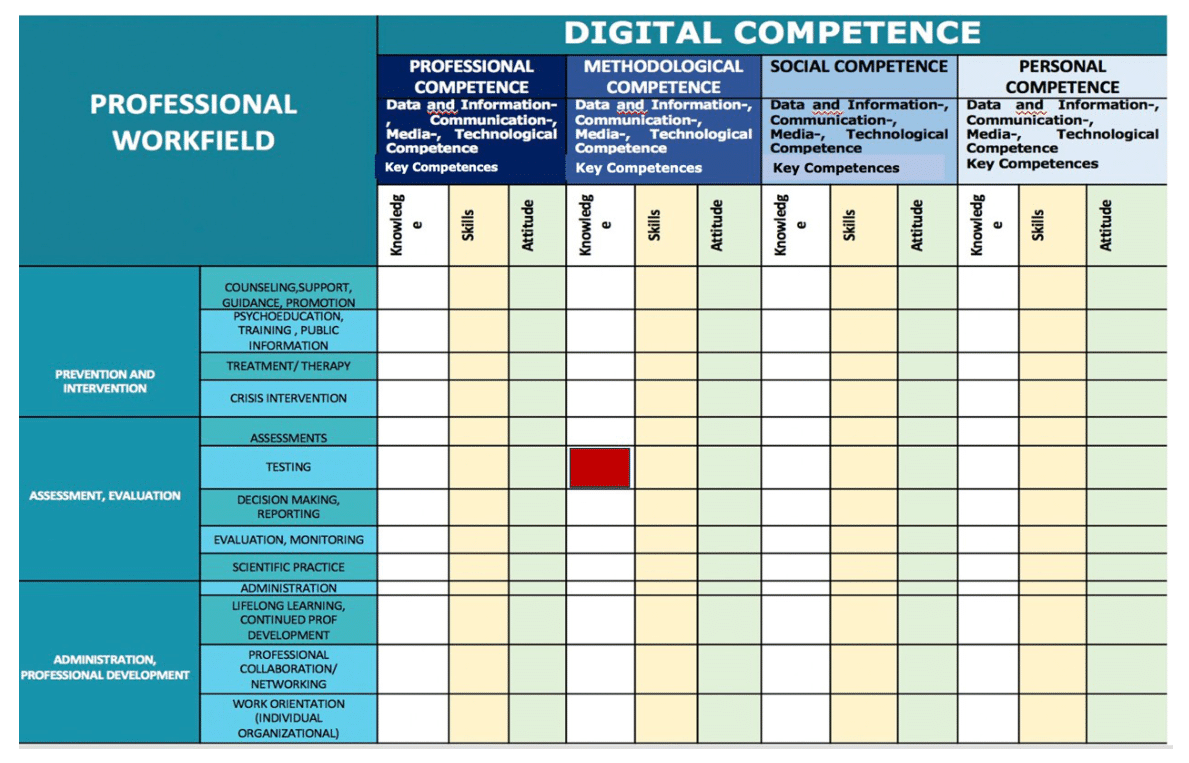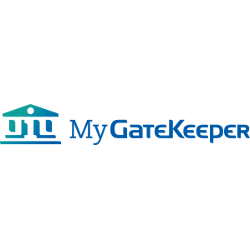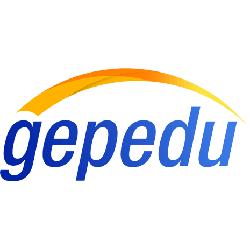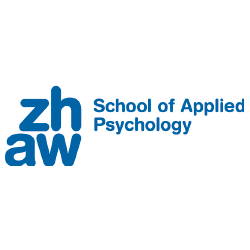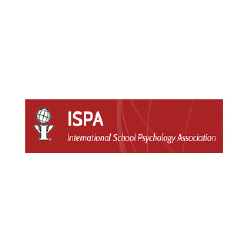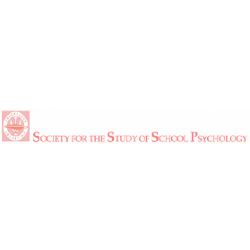Departure to new shores - School psychology in digital transformation

#networking Schoolpsychology School psychology in digital transformation
The research project ‘DICOSP – Digital Competence Framework for School Psychology Practice’ (3/2021-2/2023) received the Grant Award 2020/21 from the Scientific Society for School Psychology (SSSP) and the International Association of School Psychologists (ISPA). The project was coordinated by MyGatekeeper, a non-profit company in Hanover/Germany, which supports digital transformation in education, under the leadership of school psychologist Marianne Kant-Schaps, former Chair of the EFPA Standing Committee ‘Psychology in Education‘, and Prof. Dr. Christoph Steinebach, Director of the Department of Applied Psychology at the Zurich University of Applied Sciences (ZHAW) and current EFPA President.
The project aimed to
- develop a comprehensive digital competence framework for the professional practice of school psychology in Belgium, Germany, Austria and Switzerland as a compass for education and training as well as professional profiles.
- make a contribution to the planning of School Psychologists’ professional digital related qualifications being relevant for the provision of high-quality services in the digital age.
Against the background of the European framework for digital competence and required professional competence profiles in school psychology in Austria, Belgium, Germany, and Switzerland, this project identified by using a systematic literature review, two interviews with expert focus groups and an online questionnaire for school psychologists (N =282) the need of digital competence in school psychologists’ practice and their corresponding training needs as a basis for future digital competence acquisition.
DICOSP STUDY
More on this topic under Corona conditions:
- Landesverband Schulpsychologie NRW e.V. https://lv-schulpsychologie-nrw.de/tag/corona/
- Reupert A., Schaffer G.E., Von Hagen, A., Allen K.-A., Berger E., Büttner G., Power E.M., Morris Z.,Paradis P., Fisk A., Summers D., Wurf G. May F. (2021) The Practices of Psychologists Working in Schools During COVID-19: A Multi-Country Investigation. School Psychology. Advance online publication.
- Suter, L., Külling, C., Zollinger, N., Waller, G. (2021). Digitales Leben von Kindern und Jugendlichen in Zeiten von Corona (Frühling 2020) – Nationaler Bericht Schweiz. Zürich: © ZHAW Zürcher Hochschule für Angewandte Wissenschaften – Departement Angewandte Psychologie
- De la Fuente J., Kauffman D.F., Dempsy M.S., Kauffman Y. (2021) Analysis and Psychoeducational Implications of the Behavior Factor During the COVID-19 Emergency, Front. Psychol., 16 February 2021
- Huber S.G., Günther P.S., Schneider N., Helm C.,Schwander M., Schneider J.A., Pruitt J. (2020) COVID-19 und aktuelle Herausforderungen in Schule und Bildung. Erste Befunde des Schul-Barometers in Deutschland, Österreich und der Schweiz, Waxmann Münster,New York
- European Agency for Special Needs and Inclusive Education, 2021. The Impact of COVID-19 on Inclusive Education at the European Level: Literature Review. (C. Popescu, ed.). Odense, Denmark
- National Association of School Psychologists: COVID-19: Resource Center
- Hatzichristou Chryse u.a. Psychologische Unterstützung der Eltern während der Covid 19 Pandemie, Abteilung für Psychologie der Kapodistrias Universität Athen
DIGITAL COMPETENCE FRAMEWORK
DiCoSP definition
“ DC in school psychology practice is a disposition to be able to act in digitally related professional situations in a self-organized, creative, critical, responsible, and goal-oriented manner based on individual resources – a set of personality traits, digitally related knowledge, skills, and attitudes – within an organizational structure.”
Two models are at the center of the framework
The basic idea of this framework is a three part – composition of digital competence in school psychology (example box in the matrix) with the taxonomy of knowledge, attitude, and skills:
- general school psychological competence in digitally related situations, classified in professional, methodological, social, and personal competence (PMSP), e.g. ‘SP are competent to assess digitally student’s math performance” (=”methodological competence/skills”);
- transversal professional digital competences, classified in four classes of information and data, communication, technological and media competence, e.g. ‘SP know of electronic tests to measure math abilities of fourth graders’ (= “media competence/knowledge”);
- transversal key competences being essential for work in the digital age, e.g. “SP have a critical understanding of standardized digital procedures to assess student’s performance” (=key competence “normative-ethical attitude”)
Participants
Project coordinator is MyGatekeeper, a non profit entrepreneurship in Germany, in person of M.Kant-Schaps as well as Prof. Dr. Ch. Steinebach, ZHAW (Swiss), and in cooperation with the company GEPEDU. The project was funded by the Grant Award 2021 of the research initiative of SSSP and ISPA.

